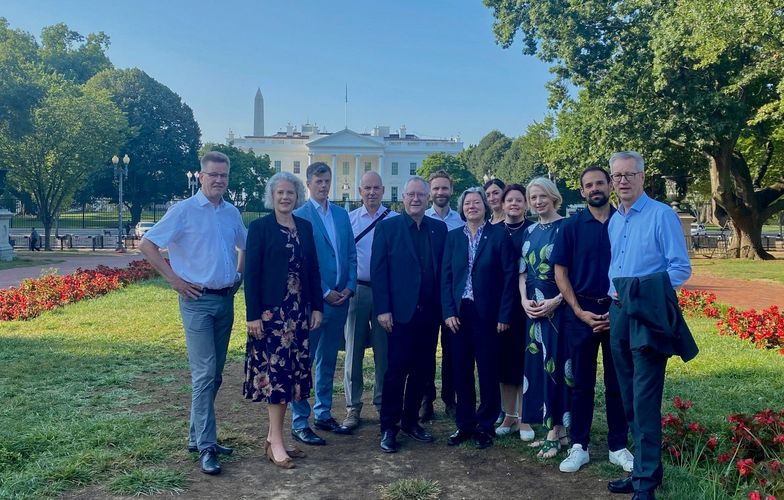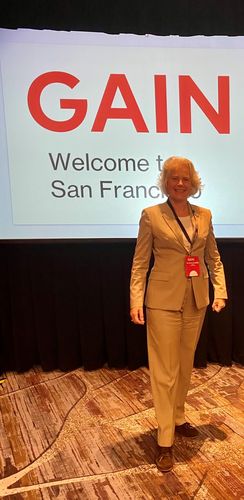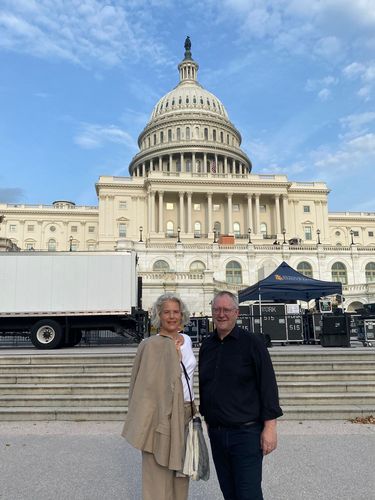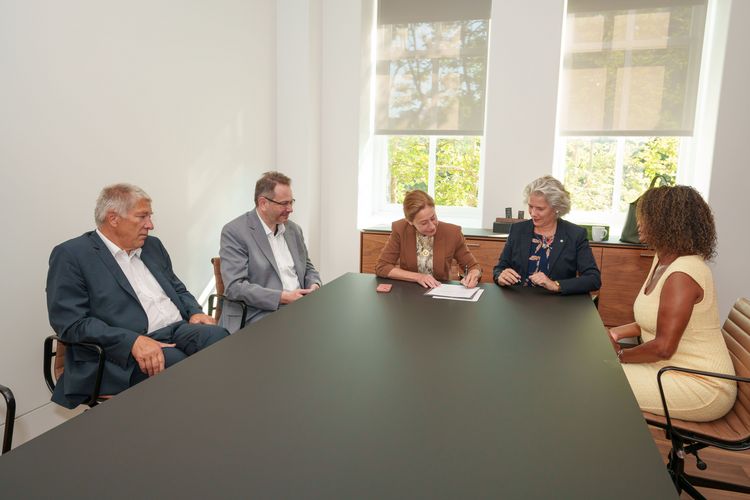We have already reported on the first visit to our partner university Vanderbilt in Nashville in the Leipzig University Magazine.
The annual GAIN conference aims to bring together German scientists and researchers currently working in North America with representatives from the German research community, politics and industry. A series of workshops, panel discussions and lectures provide information about the German research landscape and career opportunities in Germany. The conference also features a talent fair, where researchers can find out about specific funding opportunities and jobs, and make direct contact with German research institutes and universities. In recent years, the conference has become an important forum for promoting dialogue on international career opportunities and strengthening scientific networks. The event is jointly organised by the German Academic Exchange Service (DAAD), the Alexander von Humboldt Foundation (AvH) and the German Research Foundation (DFG).
Professor Eva Inés Obergfell’s attendance at the GAIN annual conference was followed by a visit to Washington DC as part of the German U15 university association delegation from 26 to 28 August. The Rector has been a member of the Board of Directors of German U15 since November 2023. The delegation’s visit focused on the role of research-intensive universities in the face of geopolitical, environmental and economic challenges, as well as the state of research cooperation in times of growing security concerns. In this context, the members of the delegation met with various representatives of the American scientific community and science policy-makers. For example, they visited the Association of American Universities (AAU), which represents 69 American and two Canadian universities and influences education policy and research funding through its Government-University Partnership programme. Leipzig University has bilateral partnerships with four of the association’s member institutions. The itinerary also included visits to George Washington University, the German Embassy and the National Science Foundation. The trip was rounded off by a visit to the National Institute of Health, where current developments in the funding of life sciences and medicine, in data security, and the prospects for German-American cooperation in this area were discussed.
































































